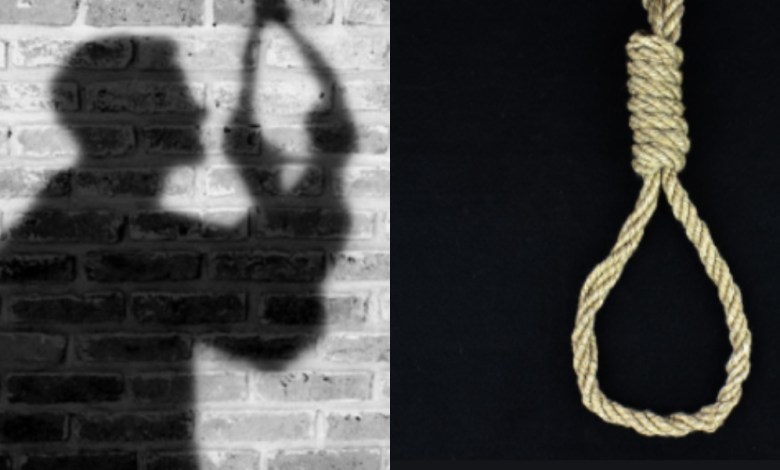Attempted suicide: lawyer seeks decriminalization at SC
Christian Malm-Hesse wants the Supreme Court to declare that there is no “mens rea” formed with respect to the committal of the inchoate offence of “attempt to commit suicide”

A private legal practitioner, Christian Malm-Hesse, has filed a writ at the Supreme Court, invoking the original jurisdiction of the apex court of the land to remove from the country’s criminal code, the criminal and other offences Act (1960) Act 29, the offence of attempted suicide.
Christian Malm-Hesse wants the Supreme Court to declare that there is no “mens rea” formed with respect to the committal of the inchoate offence of “attempt to commit suicide”
Malm-Hesse contends that section 57 (2) of the criminal and other offences Act (1960) Act 29 which provides that “whoever attempts to commit suicide shall be guilty of a misdemeanour”, is an affront to mental health, its associated challenges and efforts of medical practitioners to deal with same.
Reliefs sought
According to the writ dated 8 May 2021, at the law offices of K-archy and company legal and management consultants, the plaintiff (Christian Malm-Hesse) is seeking five reliefs from the Supreme Court.
Firstly, “a declaration that there is no “mens rea” formed with respect to the committal of the inchoate offence of “attempt to commit suicide” contrary to section 57 (2) of the Criminal Offences Act, 1960 ACT 29 as amended and to that extent be expunged from the said Act”.
Secondly, the plaintiff is seeking a “declaration that section 57 (2) of the Criminal Offences Act, 1960 ACT 29 as amended is inconsistent with Articles 15 (1) (2) (a) and (b) of the 1992 Constitution of the Republic of Ghana and to that extent be struck out.”
The third relief is a “declaration that section 57 (2) of the Criminal Offences Act, 1960 ACT 29 as amended is inconsistent with Articles 17(1) (2) and (3) of the 1992 Constitution of the Republic of Ghana and to that extent be struck out.
“A declaration that section 57 (2) of the Criminal Offences Act, 1960 ACT 29 as amended is inconsistent with Articles 29 (4) of the 1992 Constitution of the Republic of Ghana and to that extent be struck out” is the fourth relief of the plaintiff.
Lastly, Malm-Hesse is praying the Supreme Court to declare that “section 57 (2) of the Criminal Offences Act, 1960 ACT 29 as amended is inconsistent with sections 42 (1) (a) (b) and (2), 54 A (1), 55 (1) and (2) and 57 of Mental Health Act 2012 ACT 846 and to that extent be struck out”.
Contention of plaintiff
The plaintiff also contends that “a person who attempts suicide is suffering from a mental disorder or a disability of the mind and since he/she attempts to commit suicide needs psychological treatment per sections 42 (1) (a) (b) and (2), 54 A (1), 55 (1) and (2) and 57 of the Mental Health Act, 2012 ACT 846 and not a custodial sentence of three (3) years maximum per the combined sections of 57 (2) of the Criminal Offences Act, 1960 ACT 29 as amended and 296 (4) of the Criminal Procedure Code, 1960 ACT 30.
“The Plaintiff further contends that “by medical literature people who attempt suicide or commit suicide do so as a result of mental ill-health conditions including issues of medications being an underlying issue, which affects the mind of the culpable person, causing the person to have suicide ideation. These mental health conditions include substance abuse disorders; depressive disorders; borderline personality disorder; bipolar disorder; anxiety-based disorders and psychosis”.
“Article 15 enshrines the right of all citizens of Ghana and codifies the right to respect the dignity of human beings. Verily, persons who attempt suicide and fail should have a voice that ought to be heard. That voice is a cry for help and not imprisonment or fine or any form of punishment. These people cry in silence since the construct of their state of mind at the attempt stage is described in modern times as suffering from a disease of the mind” lawyer Malm-Hesse said in his statement.


